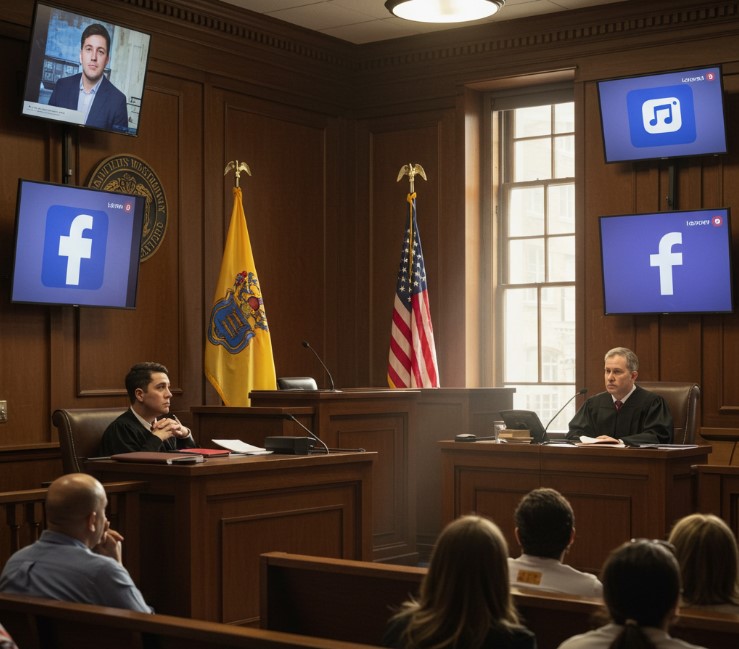Yesterday, the United States Supreme Court decided Epic System Corporation v. Lewis and two other companion cases Ernst & Young LLP, et al. v. Morris, et al. and National Labor Relations Board v. Murphy Oil USA, Inc. et. al. holding that contracts between an employer and an employee which provide for individualized arbitration proceedings are enforceable. Further, they held that such contracts, which prohibit litigation under the Fair Labor Standards Act and related state laws through class or collective actions in federal court, were valid and did not violate public policy.
The Cases
Each of the cases were similar. In each case the employee had a written contract with his employer to arbitrate any disputes that might arise between them. The agreement stated that the employee could choose the arbitration provider and that an arbitrator could “grant any relief that could be granted by a court”. Furthermore, the agreement also specified that the arbitration was to be individualized and that claims pertaining to “different employees” were to be heard in “separate proceedings”. After the employee’s termination, he sued in federal court alleging that the classification of junior accountants as “professionals” violated the Fair Labor Standards Act and California law by paying the salaries without overtime. Further, the employee sought to litigate other claims on behalf of the nationwide class under the Fair Labor Standards Act’s collective action provision. He also pursued state law claims in a purported class action.
The Argument
The plaintiffs argued that the Federal Arbitration Act contains a saving clause which removed the obligation to enforce an arbitration agreement and if it violated some “other federal law”. See 9 U.S.C §2. The plaintiffs argued that the arbitration agreement violated the National Labor Relations Act by “barring employees from engaging in the ‘concerted activity’ of pursuing claims as a class or collective action”. See 29 U.S.C §157.
In writing for a 5 to 4 majority, Justice Gorsuch and the court held that Congress requires courts to respect and enforce agreement to arbitrate. Further, he wrote that the Act requires court to “rigorously” enforce agreements according to their terms including terms that specify with who the parties choose to arbitrate.
The Decision
The court held that the saving clause, which applies to contracts under both federal and state law, only subject an arbitration agreement to attack by allowing courts to refuse to enforce agreements “upon such ground as exist at law or equity for the revocation of any contract”. The court held where the attack is not on the formation of the contract but on the type of contract i.e. arbitration that the saving clause does not apply. The Supreme Court held that such an attack is not a defense to a contract. The court went on to further analyze the National Labor Relations Act holding that the act allows unions to collectively bargain and in the bargaining, may bargain for the elimination of arbitration. However, the Act guarantees no such right nor does the Act pose any conflict to the clear expression by Congress that parties are free to contract for arbitration and in doing so create an enforceable obligation in the courts. The court held that in the absence of further congressional action arbitration agreements which prohibit class actions and require individualized arbitration of disputes are enforceable and that nothing in the National Labor Relations Act contradicts the promise.
The Impact
Epic Systems represents an important development by the United States Supreme Court and a decision strongly in favor of employers and deals a significant blow to the somewhat popular theory that employees are somehow adversely affected by arbitration in general. It squarely renounces the notion there exists a collective right to act in contravention of a clear contractual term. It will be interesting to see what impact Epic Systems has on the New Jersey Supreme Court. In recent years, the New Jersey Supreme Court has significantly eroded the contractual right to arbitration and in a number of consumer cases has found the clauses to be unenforceable. Whether or not that trend continues in the face of Epic System remains to be seen.













